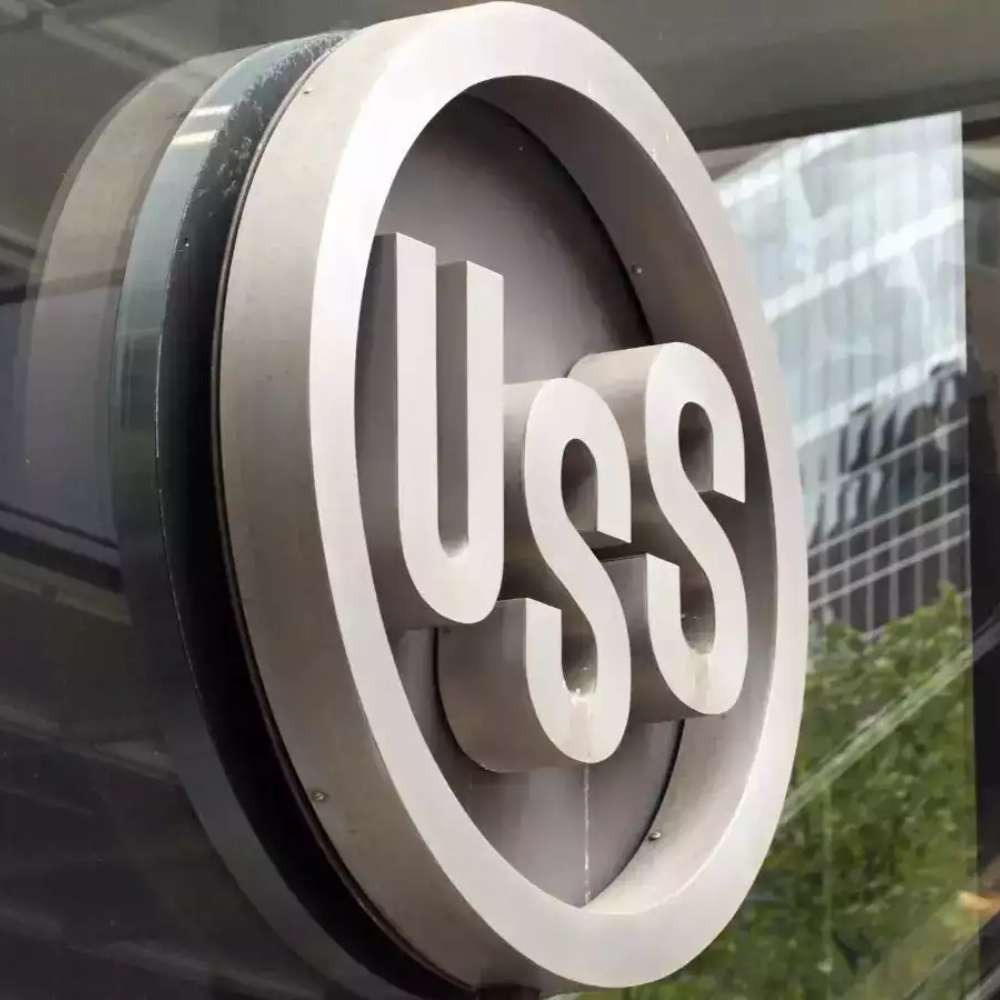Panel Fails to Reach Consensus on National Security Concerns
A critical government panel, the Committee on Foreign Investment in the United States (CFIUS), was unable to reach a consensus on the national security implications of a proposed $15 billion acquisition deal between Japan’s Nippon Steel and U.S. Steel. This leaves the final decision in the hands of President Joe Biden, who has already expressed opposition to the acquisition. CFIUS, which includes representatives from various federal agencies, forwarded its report to Biden, but some members of the committee were unconvinced that the deal would pose national security risks. Biden now has 15 days to make a final decision, as confirmed by the White House.
Economic and Political Implications of the Deal
The proposed all-cash deal, valued at $14.9 billion, would allow Nippon Steel to acquire U.S. Steel, while the American company would retain its name and headquarters in Pittsburgh. The merged entity would become one of the world’s top three steelmakers. While Biden, supported by labor unions like the United Steelworkers, has stressed the importance of keeping U.S. Steel under American ownership, critics argue that Nippon Steel’s investment could revitalize U.S. steel production and protect jobs. Former President Donald Trump also opposes the deal, voicing concerns about foreign ownership and suggesting alternative measures, like tax incentives and tariffs, to revive U.S. Steel.
The deal has sparked significant debate, particularly within the steelworkers’ union. There are concerns over whether Nippon Steel would honor labor agreements and protect American workers from foreign competition. Union president David McCall emphasized the need for the U.S. to retain control over its steel industry, warning against any loss of jobs or benefits.
Nippon Steel’s Defense and Growing Support for the Acquisition
Nippon Steel, for its part, has mounted an aggressive public relations campaign to counter objections. The company argues that the acquisition would be beneficial for U.S. Steel, its workers, and communities. Nippon Steel has committed to investing $2.7 billion into U.S. Steel facilities and pledged not to import steel slabs that would directly compete with American production. The company also assured that it would protect jobs, refrain from plant closures, and maintain U.S. Steel’s position in trade matters during the term of the labor agreement.
The proposed deal has gained traction among some conservatives, who view Nippon Steel’s financial strength as a key advantage over rival Cleveland-Cliffs in modernizing aging U.S. Steel facilities. Despite the opposition from unions, Nippon Steel has made significant promises, including offering $5,000 bonuses to U.S. Steel workers and ensuring no layoffs during the term of the basic labor agreement.
The deal, which emerges amid growing political support for revitalizing American manufacturing, has sparked wider debates on the future of U.S. steel and its role in global markets, especially with increasing competition from China. With CFIUS’ review now in the hands of President Biden, the future of this high-stakes acquisition remains uncertain.







